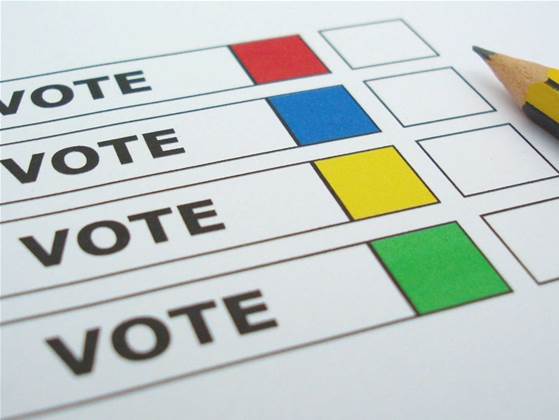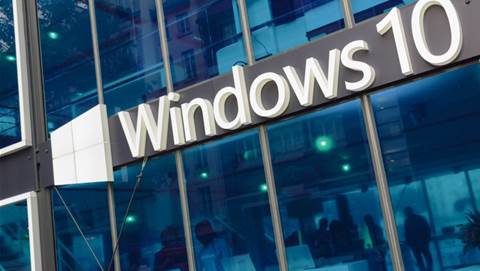The European Commission (EC) has today announced that it is satisfied with Microsoft's efforts to give users a choice of browsers, which the firm first suggested in July of this year.
The announcement follows years of wrangling, and a number of fines, as the parties sought to reach an agreement on how to tackle the anti-competitive nature of including Microsoft's Internet Explorer as the default browser on Windows machines.
Today's decision will give users a range of browsers to choose from, alleviates the EC's concerns, and boosts consumer choice, according to the EC.
Microsoft has agreed to offer new options within Windows, and let third-party computer manufacturers turn off the browser application in favour of alternatives, a dramatic change to its traditional method of including it as the default browser application.
Before this agreement was reached, the EC was concerned that Microsoft was abusing a dominant market position.
As part of the agreement, Microsoft will be expected to offer a 'choice screen' to users of Windows XP, Windows Vista and Windows 7 for at least the next five years.
"Millions of European consumers will benefit from this decision by having a free choice about which web browser they use," said European competition commissioner Neelie Kroes.
"Such choice will not only serve to improve people's experience of the internet, but also act as an incentive for web browser companies to innovate and offer people better browsers in the future."
The EC had stated previously that Microsoft had an "artificial distribution advantage not related to the merits of its product on more than 90 per cent of personal computers", and was creating "artificial incentives for software developers and content providers to design their products or web sites primarily for Internet Explorer".
Opera Software was the most recent firm to take its complaints to the EC, having first filed anti-trust papers in July 2007.
"This is a victory for the future of the web. This decision is also a celebration of open web standards, as these shared guidelines are the necessary ingredients for innovation on the web," said Jon von Tetzchner, chief executive at Opera Software.
"Opera has long been at the forefront of web standards, which ensures that people have equal access to the web anytime, anywhere and on any device. We see the outcome of the EU's investigation as a testament to our mission."
A clause in the agreement allows the EC to review the commitments in two years, during which time Microsoft will be expected to report regularly to the EC.
"The days when companies could use poor standards support to tie down users are over," added Håkon Wium Lie, chief technology officer at Opera Software.
"The browser choice screen will give users access to better browsers with better support for web standards."

























